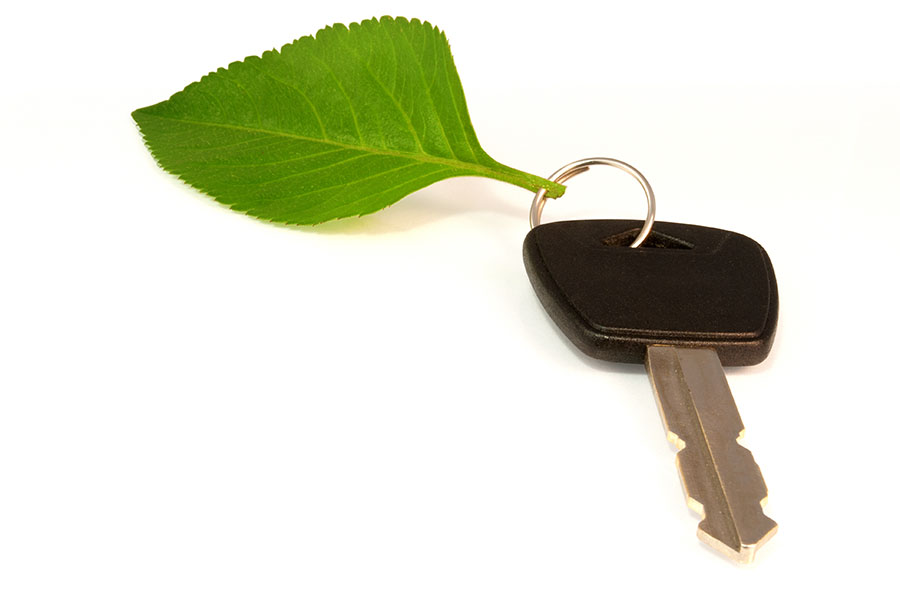
Hybrid or EVs: What's better for you?
Hybrids and EVs seem to be all the rage. But do they make sense for you?
 Currently, it's difficult to point out one technology as being clearly advantageous over the other. Of course, this might change as battery costs reduce and EVs get closer in price to combustion-engined cars.
Image: Shutterstock
Currently, it's difficult to point out one technology as being clearly advantageous over the other. Of course, this might change as battery costs reduce and EVs get closer in price to combustion-engined cars.
Image: Shutterstock
It’s now easier than ever to make a clear, knowledgeable decision before you make a purchase, even if it is something as significant as your next car. But that’s not quite as simple if you aren’t perfectly clear about what you want out of your vehicle. There’s a sea of choices out there now at any given price point.
"For the period of September-November this year, hybrids have outsold EVs by 11.5 per cent. A total of 24,062 units of strong hybrids have been sold vs 21,445 units of EVs. Furthermore, around 75 per cent of India's current energy is generated by coal-fired thermal stations. Currently, it is envisaged that in future, there will be a larger percentage of electric charging facilities from sustainable energy sources," says Shashank Srivastava, senior executive officer, marketing and sales, Maruti Suzuki India Ltd.
So what’s the better pick? The answer isn’t straightforward. Hybrids, especially EVs, demand higher upfront costs that you may or may not recover over your ownership cycle. A study based on real-world testing and number-crunching by Overdrive suggests that for every 20,000 km you drive, you might save just under Rs30,000 with a hybrid and a little under a lakh with an EV. In effect, you will need about four to five years of quite heavy driving to make the higher costs of these vehicle types work for you.
Hybrids immediately have some clear benefits. The upfront cost isn’t all that much more than a diesel, so you are far more likely to make it work for you financially. Also, you aren’t at the mercy of a still-developing charging network or have to deal with any degree of range anxiety. This also means that you won’t have to change your driving habits all that much as compared to an EV. Hybrids fit into our congested roads well. You can extract the most from the electrical component of the hybrid system in these situations where these systems are at their most efficient.
But EVs take this a step further. Yes, the price that you pay at first is higher than a hybrid, but running costs are a fraction of that of hybrids. They can be as low as Re 1.5/km if you charge at home regularly and depending on electricity tariffs in your area. An electric motor is also more efficient than an internal combustion engine. Data from the US Energy Information Administration shows that 80 per cent of the energy from an internal combustion engine is wasted in various losses in the car’s motion while this stands at 20 per cent for EVs. In the case of hybrids, this gap may be reduced but not by a significant amount. This information is especially important to note in the Indian context, where most of our electricity is still generated from non-renewable sources.
EVs are also far more affordable to maintain. You don’t need engine services and oil changes and an EV is a far less complex machine with much fewer moving parts. Hybrids on the other hand are especially complex since you are effectively carrying around two engines. This will mean more maintenance costs over a full ownership cycle. That said, with battery technology still developing, as rapidly as it is, the longevity of these cars has a shadow of doubt over it. This is more for EVs with their far larger and more complex battery systems, but car makers offer some security with their long battery warranties for EVs.
Also read: 'If they have OATS for breakfast, I put ICE cubes in my drink': Ola's Bhavish Aggarwal
“At Maruti Suzuki, we believe that by 2030, nearly 20 percent of the passenger vehicles sold will be EVs. Apart from this, a combination of technologies which help reduce carbon emissions and are addressable to a large volume will be in vogue. To this end, a blueprint has been drawn up for our product mix in the future. It is expected that by 2030-32, we will have six EVs in our portfolio, which will account for 15 percent of total sales. Strong hybrid technology will power 25 percent of our products, and the remaining 60 percent will be flex-fuel engines running on compressed natural gas (CNG) and biofuels such as compressed biogas and ethanol,” Srivastava continues.
Currently, it's difficult to point out one technology as being clearly advantageous over the other. Of course, this might change as battery costs reduce and EVs get closer in price to combustion-engined cars. But for now, you can think of hybrids as being a transitionary technology to full electrification. They are efficient, practical and a logical step forward from pure ICEs while addressing cost and climate concerns. EVs currently make sense for a niche set of buyers, one who may find true benefit in the low running costs, but it does look like this technology will eventually become a fully mainstream one.
In essence, it's an exciting time for the Indian car market. Gaurav Vangaal, an automotive analyst at S&P Global corroborates this view, “Every carmaker is working towards electrification, and this involves massive investments. While some carmakers are looking to invest in multiple powertrain technologies (including full hybrids) across the board given the uncertainties around EV acceptance and penetration, others are strategizing by investing heavily in electric vehicles,” he says. “Both have their own virtues and risks, but moving towards cleaner powertrains is imminent. We expect that the EV penetration for the Indian light vehicle market will increase from two percent in 2023 to 21 percent in 2030”.
Post Your Comment

















